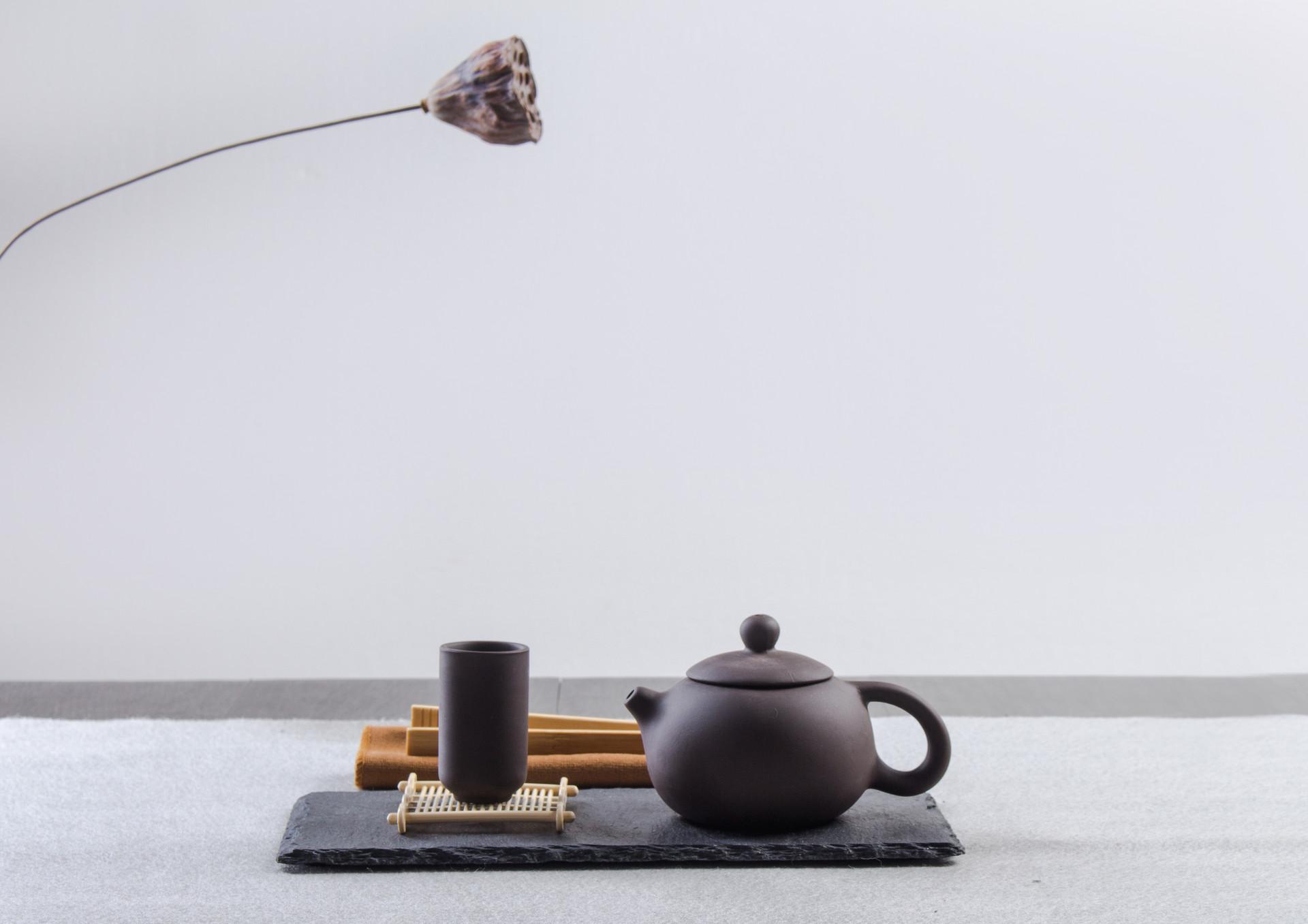Now is the best time to eat winter jujubes. Winter jujubes have bright skin, thin and crispy flesh, sweet and delicious taste, pleasant texture, and a faint aroma. They are rich in nutrients and have various nicknames such as "King of Fruits," "Vitamin C Pill," "Crown of Fruits," and "Extraordinary Fruit." So, what are the nutritional values of winter jujubes?
Winter jujubes are rich in vitamin C.
Vitamin C, also known as ascorbic acid, is synthesized in many animal bodies, but humans do not have this ability. Prolonged deficiency of vitamin C in the body can lead to scurvy. Winter jujubes contain 70 times the amount of vitamin C found in apples and 140 times that in pears. Consuming winter jujubes can effectively supplement the body with vitamin C, prevent deficiency diseases, and act as a good antioxidant by eliminating free radicals and delaying aging.
Winter jujubes are rich in vitamin P.
Winter jujubes contain rutin, also known as vitamin P, which can reduce the permeability and fragility of capillaries and maintain or restore their normal elasticity. They can be used to prevent and treat conditions such as hypertension, cerebral hemorrhage, diabetic retinopathy, and hemorrhagic purpura. Rutin is also the main raw material for quercetin, which has a significant effect on inhibiting platelet aggregation and preventing thrombosis. Therefore, consuming winter jujubes can have certain effects in preventing cardiovascular diseases.
Winter jujubes are rich in vitamin A.
The ability of human eyes to see objects is mainly due to the presence of two photosensitive pigments, rhodopsin and cyanopsin, in the retina. The synthesis of rhodopsin requires a large amount of vitamin A. Lack of vitamin A can lead to blurry vision and decreased dark adaptation ability. Consuming winter jujubes can effectively supplement the body with vitamin A and enhance vision. Note: Vitamin A is a fat-soluble vitamin, and its absorption requires dissolution in fat. Therefore, it is recommended to consume some fatty foods along with winter jujubes to promote absorption.
Winter jujubes are rich in vitamin E.
Vitamin E, also known as tocopherol, has a certain relationship with fertility. It has significant effects on the secretion of female hormones and the vitality of sperm. Therefore, consuming winter jujubes can promote female fertility, reduce the risk of miscarriage, and have a certain therapeutic effect on male infertility. Vitamin E is also a good antioxidant that can effectively eliminate free radicals in the body, slow down skin aging, and have a cosmetic effect.
Winter jujubes are rich in amino acids.
Winter jujubes contain 19 amino acids, including 8 essential amino acids such as lysine. The generation, existence, and death of life are all related to proteins, which are the material basis of life. Life is just a manifestation of the existence of proteins, and the synthesis of all proteins requires amino acids as raw materials. Consuming winter jujubes can provide sufficient protein raw materials to the body, enhance immune function, and promote growth.
Winter jujubes contain a high level of adenosine monophosphate.
Adenosine monophosphate is an important bioactive substance in the human body and participates in various physiological activities: 1. It participates in the activation and inhibition of cellular proteases, controls the activity of target proteins, and acts as a second messenger to protein kinase A, thereby controlling its activity in cells. It can alleviate brain cell aging and improve memory.
2. Adenosine monophosphate has an inhibitory effect on cell division and promotes differentiation in vitro. Therefore, factors that increase the level of adenosine monophosphate in cells can reduce cell growth rate, inhibit cell proliferation, and promote cell differentiation. It has significant effects on the treatment of cancer and controlling the proliferation of cancer cells.
3. Adenosine monophosphate itself is a neurotransmitter that participates in the transmission of nerve signals. It converts inactive protein kinases in cells into active ones, thereby activating phosphorylases and causing intrinsic reactions in target cells, such as glandular cell secretion, muscle cell contraction and relaxation, changes in nerve cell potential, changes in cell permeability, cell division and differentiation, and various enzyme reactions. It has the effect of regulating secretion.
How to consume winter jujubes
Eat them raw.
Raw consumption is the representative way of eating winter jujubes. They have thin and crispy flesh, sweet and delicious taste, and a high edible rate of over 98% after removing the pit, leaving almost no residue. They are sweet and carry a faint aroma. They can stimulate appetite, but it is worth noting that winter jujubes contain sugar, so people who are afraid of obesity should consume them in moderation.
Winter jujube and apple juice.
Ingredients: 1 apple, 8-10 winter jujubes, honey (to taste), purified water, a few drops of lemon juice.
Instructions:
1. Wash the apple and winter jujubes. Peel the apple and remove the pits from the winter jujubes. Cut them into pieces.
2. Put the ingredients into a blender, add a few drops of lemon juice, and blend with purified water until smooth to make the juice.
Effects: Both winter jujubes and apples have the effects of whitening and beautifying the skin, and they are fruits that are available in winter. Juicing these two fruits together not only enhances their individual effects, but also achieves perfect harmony in color and taste.












